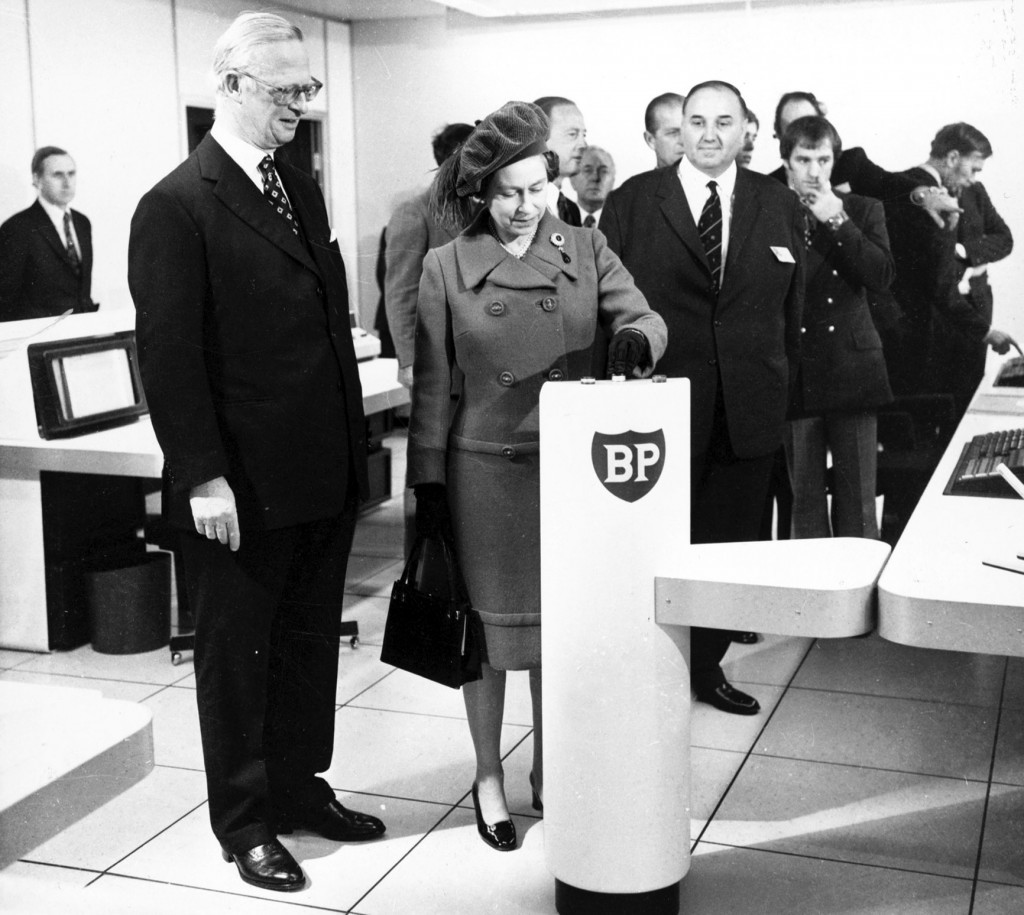 © Aberdeen Journals
© Aberdeen Journals Oil and gas businesses have gone from being technology pioneers to risk-averse Luddites, an industry chief said yesterday.
Colette Cohen, a vice-president at Centrica, said aerospace was the only industry on the same level as oil and gas 40 years ago.
The sector has a proud history of innovation, but the biggest breakthroughs have tended to come when oil prices were low.
“Desperation breeds a desire to do something new,” Ms Cohen said at the Industry Technology Facilitator’s annual conference in Aberdeen.
Indeed, an “innovation gap” opened up when crude prices were high between 2005 and 2014.
But oil prices were just one factor behind the tail off, Ms Cohen said. Companies have become too afraid to take risks, preferring instead to stick with tried and tested technologies.
Another problem is the “scattergun approach” adopted by the industry, whereby an overload of ideas results in nothing being put in place.
And when it does develop technology, industry takes far too long to deploy it.
In other words, the sector has fallen behind, but it can play catch-up by “stealing” technologies and implementing them rapidly, she said.
She said: “In the 1960s and 1970s only NASA was on a par with us. We’re now Luddites compared to other industries.”
“Even in the logistics sector, the likes of Amazon are using robotics and computer power more effectively than we are.
“But the good thing is because other people have been working on these things, we get to steal them.
“We’d be able to deploy technology more rapidly if we stop believing we’re special and start believing we’re just another industry and take from other industries the technology that can be applied to ours.”
Examples of cross-industry technology transfer include the use of flare cameras – developed by the military – to detect leaks and faults on installations, and drones being used for maintenance and inspection.
“There’s stuff out there if we just open our eyes,” Ms Cohen said.
She also said further reductions to operating costs would help unlock smaller North Sea hydrocarbon pools.
About 210 pools containing 3-15million barrels each have already been discovered, and although they are close to existing infrastructure, companies are failing to bring them online because the process is too expensive.
Cutting 50% from the cost base would unlock 150 of those pools, which would give the industry a massive shot in the arm.
Ms Cohen also said decommissioning needed to be simplified and that the projected cost forecast of more than £50billion was far too high.
She said while safety was paramount, the industry should adopt the “wrecking ball” approach construction companies employ when knocking down houses.
“We’re not talking about putting something in there for 30 to 50 years, we’re taking it out,” she added.
